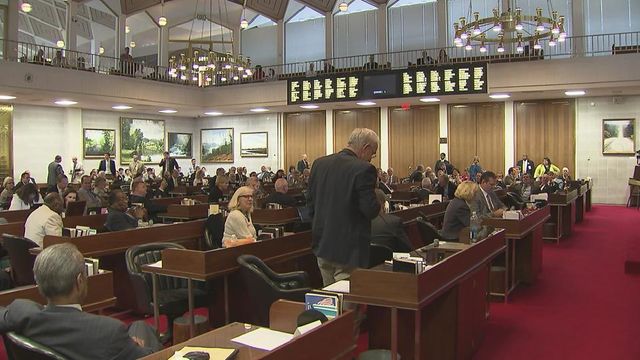House OKs remote testimony, but no funding
State House lawmakers gave final approval Monday to a measure that would allow State Crime Lab analysts to testify via videoconferencing. But the bill includes no money for the technology.
Posted — UpdatedSenate Bill 594 authorizes a forensic or chemical analyst to testify using videoconferencing if the defense attorney doesn't file a written objection. The analyst would still be able to be examined and cross-examined by attorneys for both sides, questioned by a judge and observed by a jury.
The change would help cut down on some analyst travel time, but it wouldn't solve the crime lab's larger staffing problem, said former lab director Joe John.
John, a former judge who still works with the lab as a legal consultant, said the measure would "allow initiation of a test case through the courts (there is a potential Melendez-Diaz issue) to determine what the North Carolina Supreme Court's position might be."
But, he noted in an email to WRAL News, the bill doesn't include any funding for the technology that would be needed for videoconferencing.
"To implement in any district, the technical facilities will have to be available and/or alternative funding will have be to secured," he wrote.
Some courts are already equipped, but many are not. After years of deep funding cuts to the Administrative Office of the Courts, there's not likely to be much spare funding available – a fact noted on the House floor Monday by Rep. Skip Stam, R-Wake, who successfully ran an amendment to clarify that courts are not required to use remote testimony immediately.
"We didn't actually set any money aside for remote testimony," he reminded the House. "This just makes clear that they don’t have to do it till they get the money from somewhere."
The measure passed the House easily and is headed to the Senate for concurrence. It's likely to find its way to a conference committee instead.
Related Topics
• Credits
Copyright 2024 by Capitol Broadcasting Company. All rights reserved. This material may not be published, broadcast, rewritten or redistributed.





